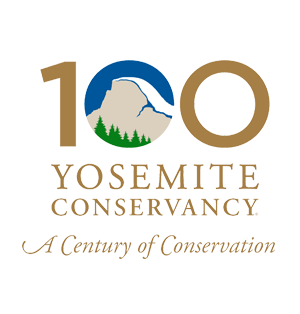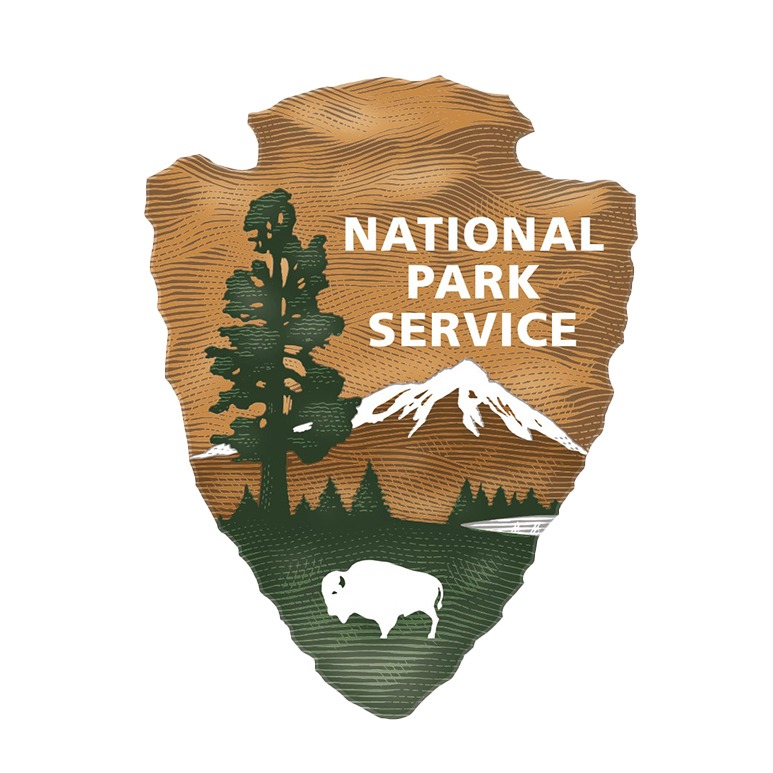*This is a 2023 archived project, view this year’s projects here.
Project overview: Assess the potential for Yosemite’s prescribed burn program to benefit plant species with cultural significance for the seven traditionally affiliated Tribes.
How your support helps: Indigenous people tended and cared for Yosemite’s plant communities for thousands of years, and we know that they relied on prescribed fire to do so. Unfortunately, much of the corresponding knowledge of the cultural benefits of this practice has become dormant.
While the impacts of wildfire and prescribed fire on the ecological landscape of the park have been well-documented through an established fire-effects monitoring program, the impacts of fire on plant species that are traditionally gathered by and significant to the park’s affiliated Tribes have not been adequately assessed.
This year: With your support, this project will identify the gap between existing quantitative fire-effects data and the qualitative cultural knowledge necessary to maintain traditional plant tending-and-gathering practices. In 2023, park scientists aim to assess whether the current prescribed burn program successfully promotes the growth of culturally significant plants in both the quantity and quality necessary for traditional food, tools, and medicine. Your generosity will benefit both Tribal partners and Yosemite’s fire management officials by building scientific evidence to support collaborative and culturally led prescribed burns in Yosemite.
Project partners: Yosemite National Park and Yosemite’s affiliated Tribes: the American Indian Council of Mariposa County (aka Southern Sierra Miwuk Nation), Bishop Paiute Tribe, Bridgeport Indian Colony, Mono Lake Kutzadikaa, North Fork Rancheria of Mono Indians of California, Picayune Rancheria of the Chukchansi Indians, and the Tuolumne Band of Me-Wuk Indians

